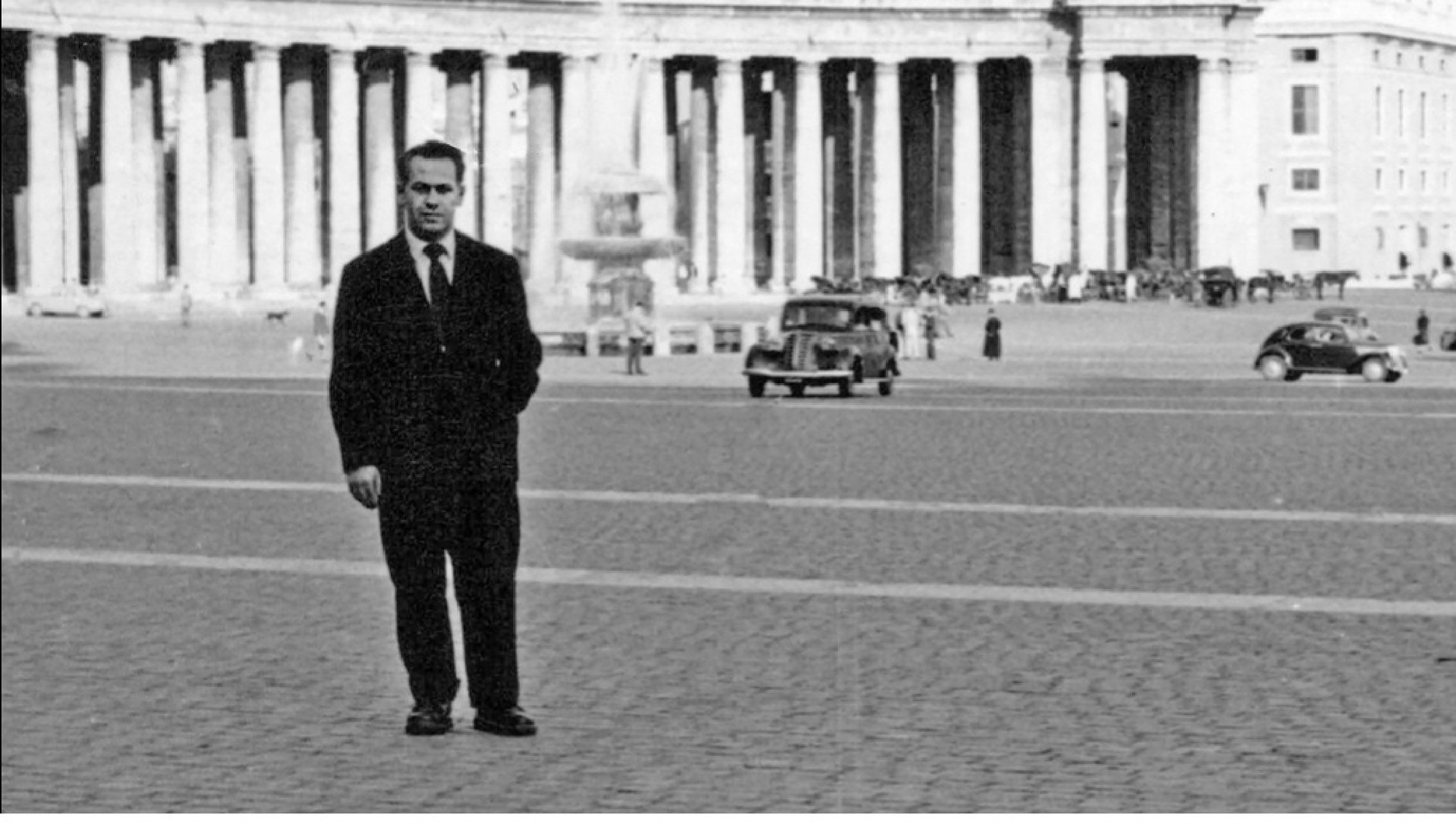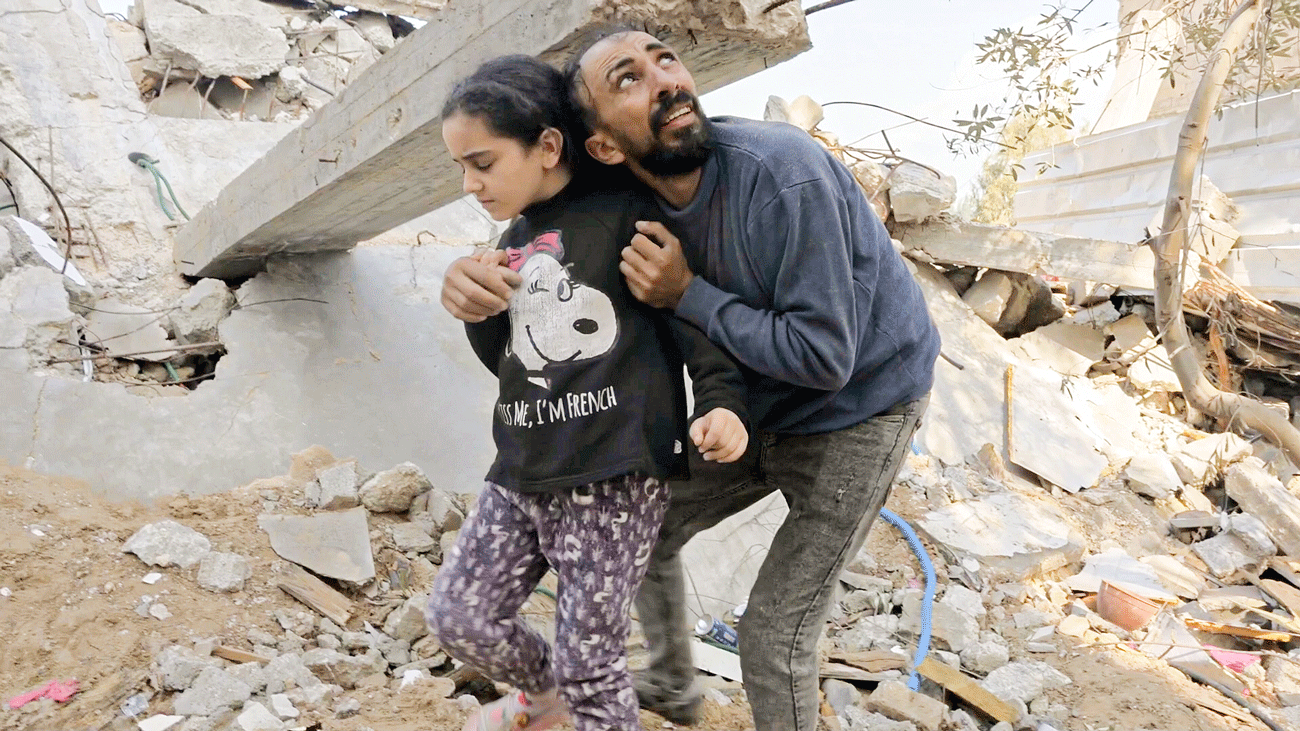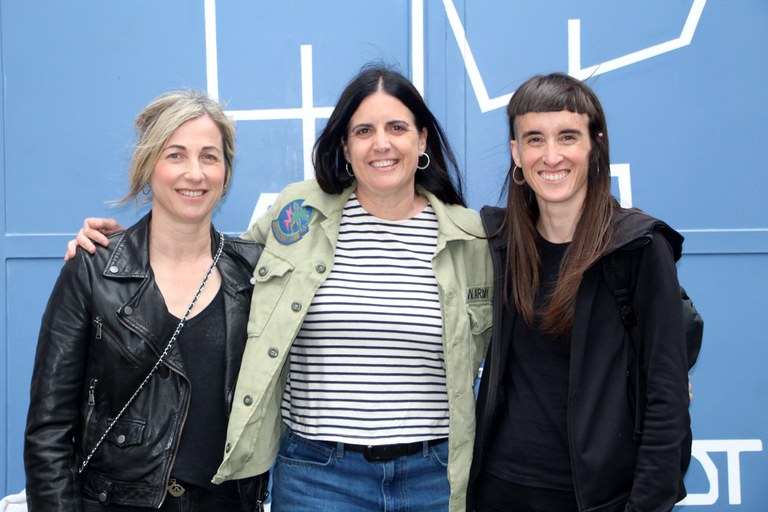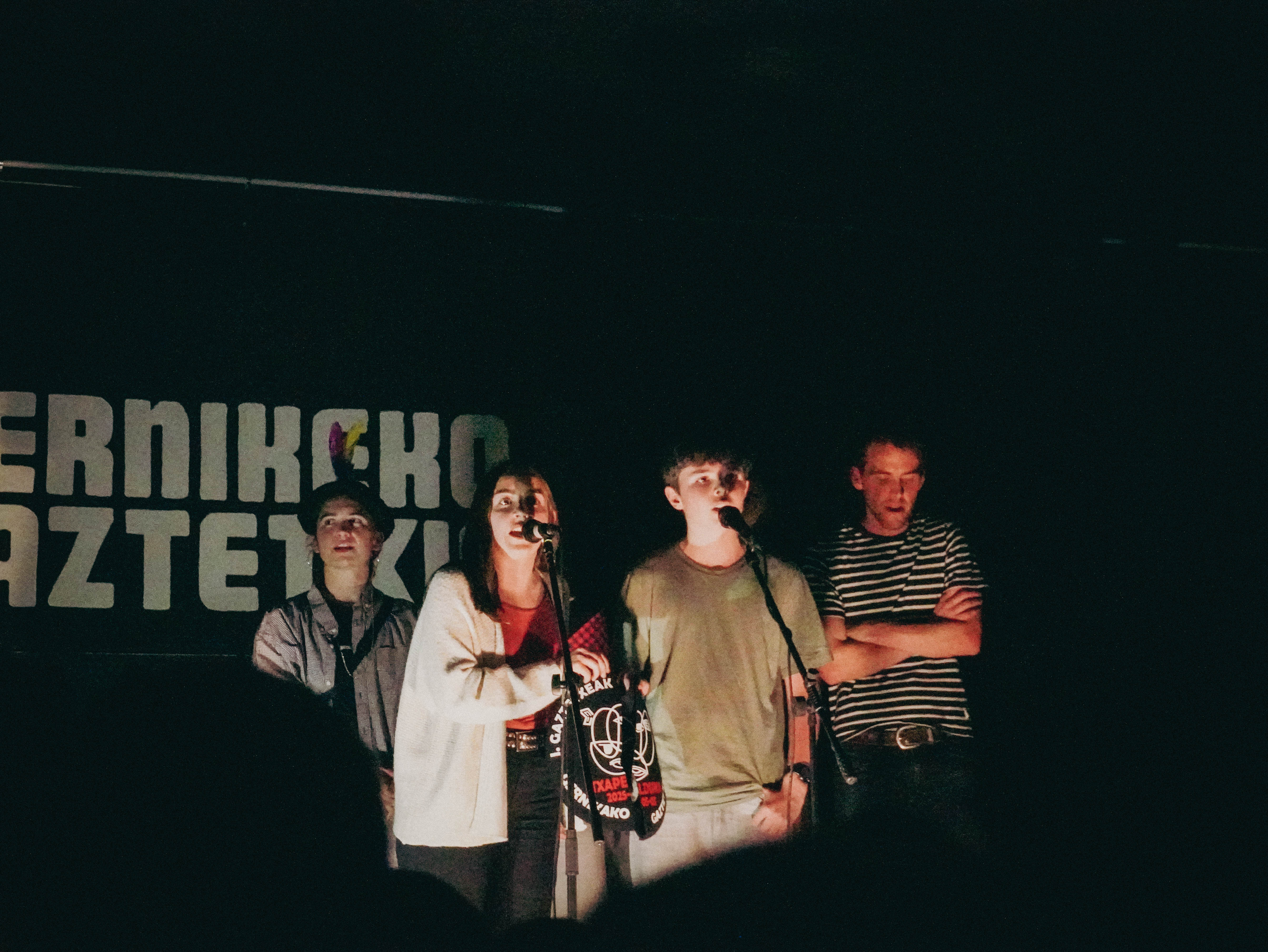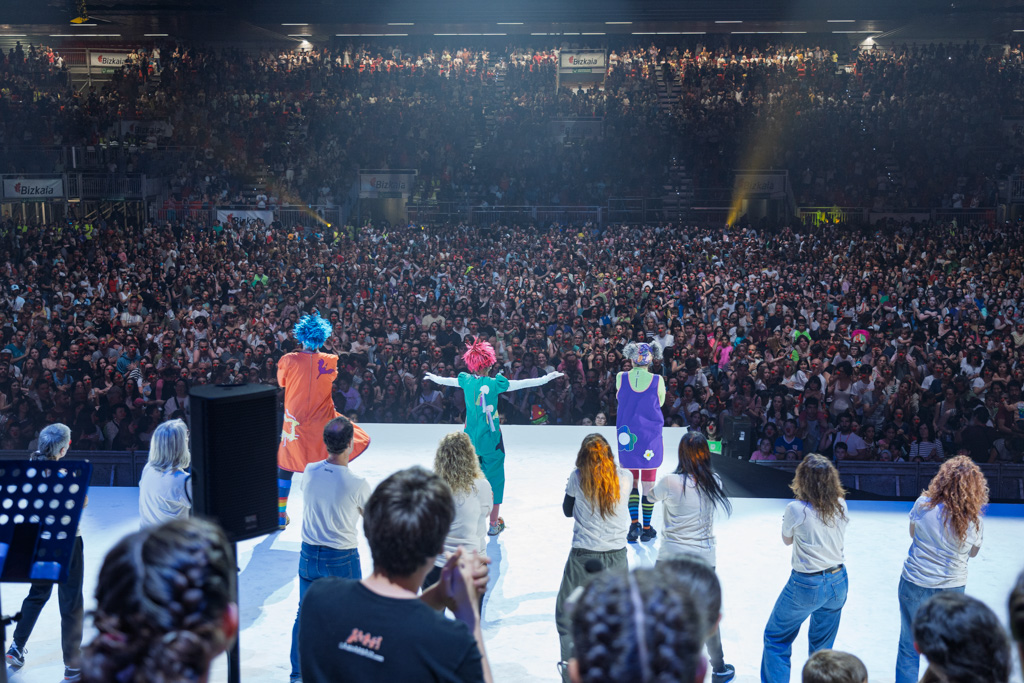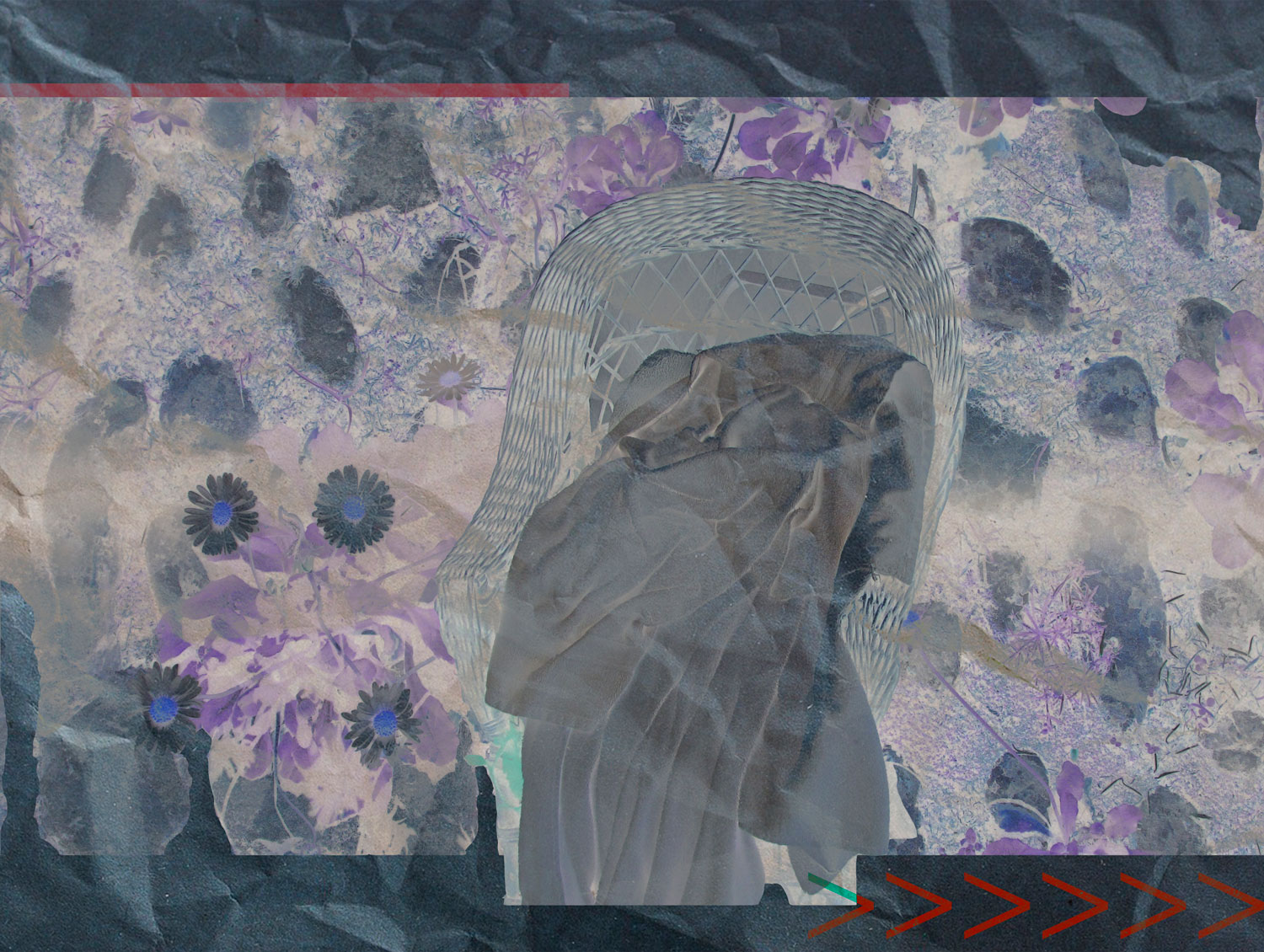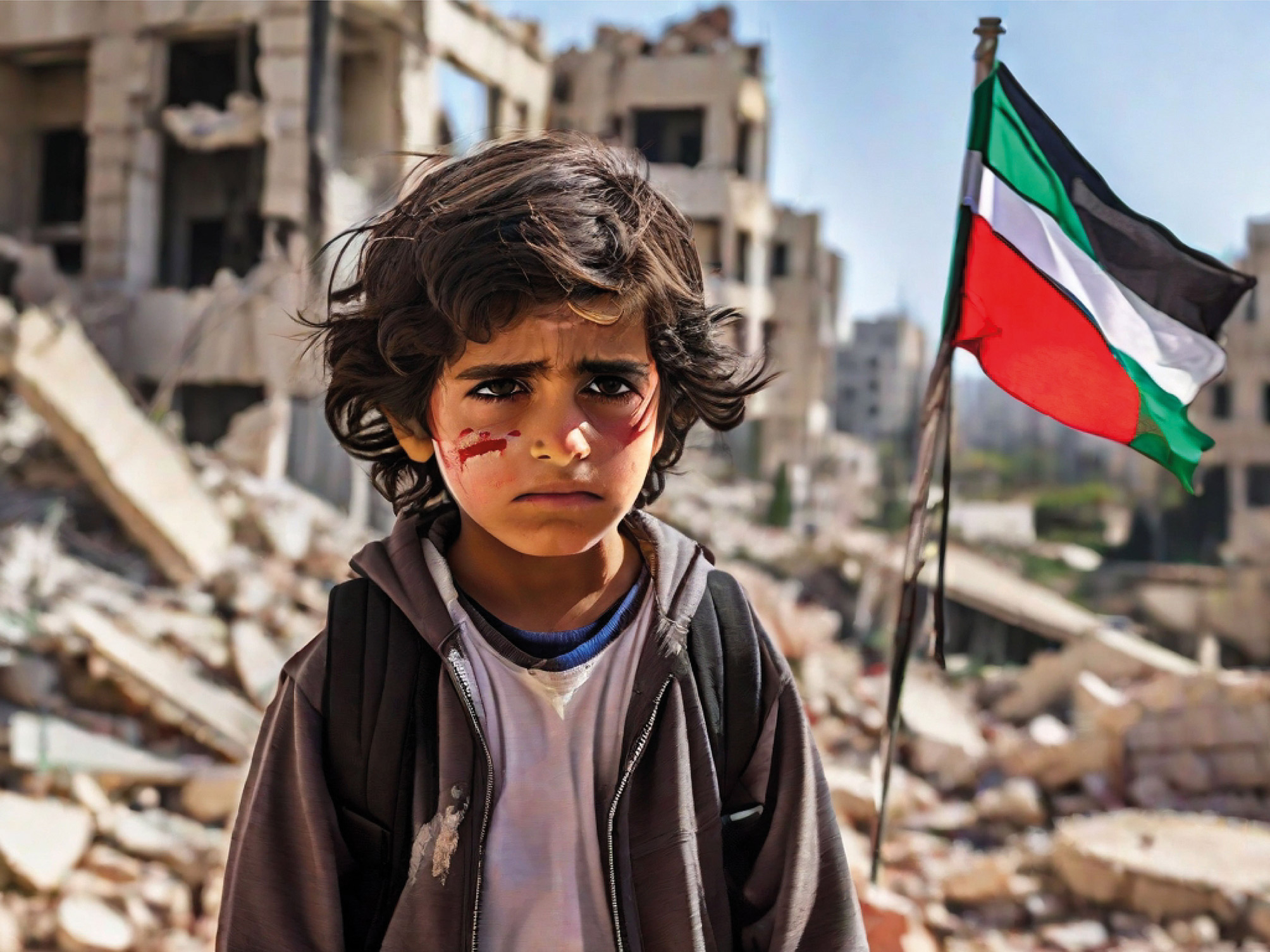
The war was apparently over, after reaching the most terrible extremes of violence. In short, it reached the high point, where the soldiers were guarding their belongings and collecting their equipment, tired, exhausted, exhausted and emptied, after having given all their energy in battle. Everything was getting into their bags and their vehicles, therefore, without much care. There were vehicles for troop transport, others were used for military equipment, for bullet boxes and grenades, for tank transport and for food cans, some with expiry date. Until they could see their eyes, they were the only things that survived without harm. On the contrary, the buildings throughout the area were bombed and now filled with messy holes, whose bullets fell in the streets and sidewalks, and the painting, freed from the facades and from the interior walls, still surrounded the furniture, as the air escaped from the bombing could not take it there. Corpses of all ages spread around the place were not so easily seen. Or, more concretely, they had to keep it invisible. On the contrary, care should be limited to their number and, if the time was available, it would be possible to list their names and ages, then the circumstances of their death, explaining how they were dying instantly and what they could never do again. But that would be hard work. Because it would be almost impossible to gather all that information that, according to all appearances, would probably be forgotten by having the smallest option, despite the sympathy and even the sadness that it could generate. Nothing of this will be done here, and the possibility of this text being read as political propaganda will be eliminated, which would lead to the anger of some readers, particularly those of the intellectual middle class. In any case, these bodies, if they had some meaning for someone, besides, obviously, their owners, would have been for those who were close to them, perhaps also for their murderers. Not now, but later. Surely from here to many years, because now these murderers are tired, exploited, exhausted, and they are still using the energy that remains for them to gather their belongings and their equipment, without delays in leaving this battlefield and returning to their homes. They must therefore collect all that has not been damaged or used and deposit it on the bags of their equipment or on the vehicle concerned. And everything that hasn't survived or that's been used, they have to pick it up in giant garbage bags, and when they're there, they don't pay the same attention as when they get their belongings and their equipment. However, when they are finally put in, they will leave something behind and not just garbage bags. Meanwhile, the voices will be heard claiming that in the end love and peace will be the winners, and the medical teams will be prepared to enter, followed by the international press, humanitarian aid convoys and human rights organizations, and of them, at a slow pace, a group of rebellious and beating children. As soon as you enter, each group will look for anything that may be of interest to you in that place. We must not devote too much time to these well-known interests. Therefore, the text will focus its attention on the group of children engaged in drapes and crossings, who on this occasion form Mohammade, Mounira, Moneim, Mazen, Maysoon, Mukhles and Maya, whose names start with a simple coincidence with the letter M. Besides, although they were born in families with many economic and social backgrounds, they have in common another fundamental thing: poverty. Mounira was the oldest, but Mohammad was the strongest, and the two were group pioneers crossing the almost abandoned battlefield, with Maya, the youngest and smallest, always behind.
Each age and size has its advantages and disadvantages, but Maya lived at that time only the cons. While the other members of the group were exploring wonderful, curious and valuable things in the soldiers' garbage, the things that he would discover, like empty sardine cans and bullet barrels, were of all kinds and didn't matter to anyone. However, he continued to pick up, every time he cast one of them he found another better, keeping the brightest and those who were not excessively staggered, until he finally found a can of sardines with the slightly raised lid, even though it was completely empty. And Maya soon began to fill her with the little bullet cortices she wrapped and kept. He fitted them slowly and carefully, one by one, until the can was filled with bullet shells, stacking them wide, at right angles to the way sardines are usually placed. Then all of a sudden, they heard shouts of surprise and admiration from the previous group, and they started running, and Maya chased them, although he had no idea why, but also in that situation, like others, instinct led to always being next to them as much as possible.
They all ran to a depopulated area, where they played in peacetime. Mounira sat down and Mohammade did the same while everyone else gathered around. Dominated by silence, Mounira pulled a can of discoidal metal under his shirt. It had something written, which no one of them could decipher, but because of the underlying image they knew exactly what it was. Image of green cucumbers off. Mounira started fighting to open the can and meanwhile Mohammade gave him instructions to do so, but he soon entered the road, pulling the can out of his hands. This didn't mean that Mounira lost control of the can. Under no circumstances. Meanwhile, the dribble began to accumulate in tight mouths, the mass stored in the prey was devoured backwards when it came too high to breathe. Actually, they didn't think they were terribly poor kids, but can pickles were kind of strange in their shopping cart or even in the landscape of their everyday lives. Sometimes they saw them in the chambers of newlyweds or at some meal or dinner. But finding it like this, while playing, was unthinkable. Now it was about seeing how many pickles were in the can and how many would each take. There would be at least seven. Maybe ten. And for all of us it would be acceptable for Mounira and Mohammade, the people who found the can, to take it mostly and the older ones, once all distributed equally, and for the smallest pickle to go to Maya. Her body, small and younger, didn't really need that much. These thoughts, occurrences and representations were accomplished until the can was opened. At first, a tintin sound, upon opening, became a pile of broken metal, and the scarce vinegar came into everyone's nostrils, making it increasingly aromatic as the can passed between Mohammad and Mounira. This process did not involve crossing so many cans, but separating them against their will, until it was finally supported by Mohamme’s hands, while Mounira continued to draw its content. The pickles were first individually assigned to Maysoon, then to Mazen, then to Mukhles, then to Moneim and finally to Maya. And the truth is that after many inspections and reviews there seemed to be no big differences in size. Mohammade and Mounira continued to keep the can and everything that could remain within it, and everyone started swallowing their share. And most ended their pickles, though they tried to eat as slowly as possible, but Mohammade and Mounira didn't. So they began to hear plea murmurs, asking one or the other for bleeding, just a small one, and begging Mohammad and Mounira, but still giving little snacks until the group ended all the little cuffs in the can, leaving only the juice. So they started drinking, each of them in their turn, and nobody would drink more than everyone else, and if any of them did, as in the case of Moneim, then Mounira would take the can off. Deserved, we said.
Then, on the margin of Maya, they were divided into two groups of three people who started skating the can from one side to the other. And every time they threw the can too far, Maya, who was in a corner, too young and too small to know how football is played, was rushing to look for it.
It was a truly beautiful day, that no one of them would ever easily forget. They were happy.
BRN + Muntanya de Barri i Sain + Odei + Monsieur li cardi i Muxker
Què: Festa de la collita.
Quan: 2 de maig.
On: Sala Bilborock.
---------------------------------------------------------
Les llavors sembrades necessiten aigua, llum i temps per a la fecundació. La... [+]
Miresmen adina gaitzespen sortzen duen pertsonaia da, oraindik ere, Jon Mirande, hura hil eta 50 urte pasatxora. Karrikiri elkarteak eta Iruñeko Hizkuntza Eskola Ofizialak (IHEO) Jon Miranderekin dantzan izeneko jardunaldiak antolatu dituzte idazlearen jaiotzaren 100... [+]
El Govern Basc ha anunciat que la marca Euskadi, en l'estratègia de l'economia del sector de la construcció, ha pres la “industrialització” com a paraula de mantra. Reclamarà que els processos i elements industrialitzats en la construcció de l'habitatge públic representin... [+]
Pasa den astean, itzalaldian, gure burua zaurgarri ikusita, pertsona asko hasi ginen ikertzen, gertatutakoa ulertzeko asmoz: zelan funtzionatzen du elektrizitatea garraiatzen duen azpiegiturak? Zergatik geratu da zaharkitua? Elektrizitatearen fenomeno fisikoak liluratzen nau,... [+]
Ara que tots se'ns han tornat més franciscans que el papa, convé recordar als nostres clàssics no sotanados. Un va ser en el segle XVII, la seva gràcia era Arnaut Oihenart. I com no podem submergir-nos en tots els seus treballs, avui elogiem O.tingues la joventut en els... [+]
“Nosaltres assajàvem, ensenyàvem als nois, érem aquí quan necessitaven ajuda per a la graella, però després mai ballàvem en la plaça, ni ens passàvem pel cap”. Oihane Auzmendi Iturbe (Legazpia, 1977) és ballarina del grup Sustraiak. L'avanç del canvi que arribava... [+]
Baríton Amartuvshin Enkhbat
Piano: Stefano Salvatori.
Organitza: ABAO.
Quin: Arias d'òperes de Verdi, Mascagni, Leoncavallo i Giordano.
On: Palacio Euskalduna de Bilbao.
Quan: 29 de març.
--------------------------------------------------------
Sabíem que no ens anava a... [+]
Martin Martina i el misteri de la pinta d'or
Amancay Gaztañaga
Elkar, 2024
-----------------------------------------------------
Amancay Gaztañaga ha publicat el misteri de Martin Martina i la pinta d'or, acompanyat de les il·lustracions d'Alain Martínez. Aquest és el... [+]
El soroll insuportable de les obres dels veïns m'ha tornat a despertar. Em vaig enrotllar el cap en el coixí i vaig intentar dormir durant vint minuts més, però no hi havia manera que callés el trepant. Em vaig aixecar i em vaig fixar en el quadre d'obligacions que vaig fer a... [+]









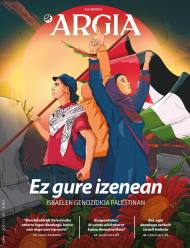


.jpg)
